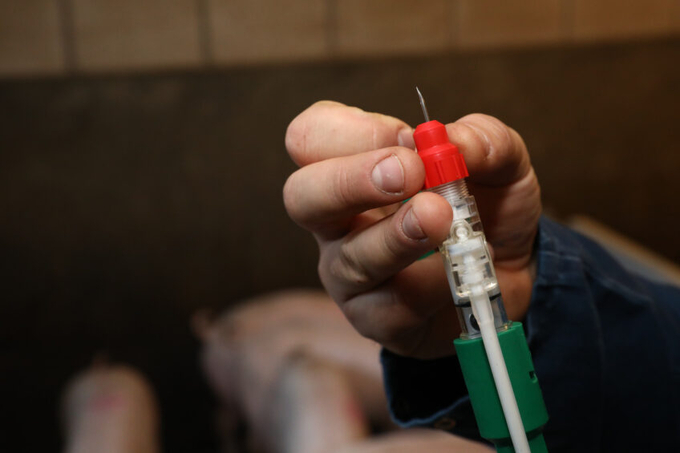June 21, 2025 | 01:32 GMT +7
June 21, 2025 | 01:32 GMT +7
Hotline: 0913.378.918
June 21, 2025 | 01:32 GMT +7
Hotline: 0913.378.918

Producers shouldn't be opting for sub-optimal ASF vaccines, says the WOAH. Photo: Henk Riswick
In addition, the WOAH said, the vaccines should have been subject to regulatory evaluation and approval in accordance with WOAH international standards.
The WOAH wrote: “The use of non-compliant and poor-quality vaccines may not confer any protection against ASF and risks spreading vaccine viruses that could result in acute or chronic disease. Additionally, these vaccine viruses could also recombine with field strains to generate novel strains that could evade detection and result in acute, chronic and persistent ASF infections on farms.”
The organisation stresses that any attempt should be part of a bigger plan. “Regardless of vaccine efficacy, vaccination programmes should be implemented as part of a comprehensive prevention and control strategy, which should include other important control measures such as strict biosecurity, import measures and movement controls.”
“Vaccination, if used, should be conducted under a well-designed vaccination programme that takes into account, among other factors, the local epidemiology of the disease, the expected objectives of vaccination and the adequacy and sustainability of the relevant technical, financial and human resources. They should always include post-vaccination surveillance and monitoring as well as an exit strategy for the cessation of vaccination, as mentioned in WOAH international standards on vaccination.”
(PP)

(VAN) Poultry production in Poland, which has only started recovering from devastating bird flu outbreaks earlier this year, has been hit by a series of outbreaks of Newcastle disease, with the veterinary situation deteriorating rapidly.

(VAN) Extensive licensing requirements raise concerns about intellectual property theft.

(VAN) As of Friday, a salmonella outbreak linked to a California egg producer had sickened at least 79 people. Of the infected people, 21 hospitalizations were reported, U.S. health officials said.

(VAN) With the war ongoing, many Ukrainian farmers and rural farming families face limited access to their land due to mines and lack the financial resources to purchase needed agricultural inputs.

(VAN) Vikas Rambal has quietly built a $5 billion business empire in manufacturing, property and solar, and catapulted onto the Rich List.

(VAN) Available cropland now at less than five percent, according to latest geospatial assessment from FAO and UNOSAT.

(VAN) Alt Carbon has raised $12 million in a seed round as it plans to scale its carbon dioxide removal work in the South Asian nation.